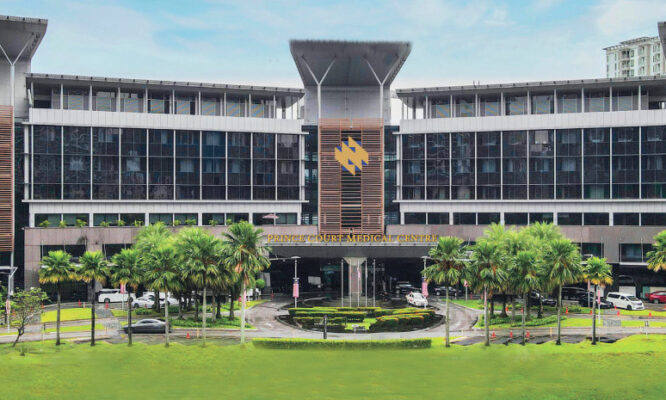Jins Shamsuddin was a leading man in Malay cinema, known for his sharp looks and on-screen charisma

Tan Sri Jins Shamsuddin hadn't planned on a career in cinema. He had set his sights on an engineering degree in the U.K., but a chance role in a play changed that.
_386_454.jpg)
The year was 1956. The young stand-in’s performance in the play impressed a talent scout so much that he was offered a role in a movie. But a workers' strike delayed filming, upending his plans of study. “Instead of shooting for 45 days (as had been planned), we took nine months to complete the film,” Jins said in an interview in The Star daily in March 2008.
“I had signed a contract for the film and because of that, I lost my place (to study) in England,” he added. The movie, Keadilan Illahi, was the start of a Jins' long career in Malay cinema, spanning over 50 years.
Soon after his debut, Jins caught the attention of the late Tan Sri P. Ramlee, arguably the biggest star Malay cinema has ever seen. The very next year, in 1957, Jins played the leading role in Pancha Delima, a film directed by P. Ramlee. And with that, Jins became a fixture in Malayan cinema, with notable leading roles in popular films such as Sarjan Hassan and Si Tanggang.
Heartthrob
_386_513.jpg)
Jins reputation as a heartthrob was cemented when he portrayed the sharply dressed, sharp-featured Jefri Zain, a spy character in a series of three films in the mid-1960s. The films – Gerak Kilat, Bayangan Ajal and Jurang Bahaya, came in quick succession and underscored Jins’ box-office bankability. The inevitable comparisons to James Bond followed, but Jins was more than just the Malay version of the fictional spy. He became a symbol for the aspirations of Malay cinema.
Jins' own aspirations began to grow at the same time. The actor became interested in directing just as the era of colour films was dawning. He debuted as director and lead actor in Bukan Salah Ibu Mengandong in 1969. The movie was a success and notably, starred screen legend P Ramlee in a supporting role. The very next year, Jins directed Dibelakang Tabir before setting out for the London Film School for a qualification in Motion Picture Technology.
_386_525.jpg)
Through 1977 to 1985, Jins continued to develop his craft, directing six movies and writing screenplays. His Esok series of movies drew in eager crowds and paved the way for a clutch of new actors, including Azean Irdawaty and Fauziah Ahmad Daud.
Bukit Kepong, perhaps his best work, came in 1981. It was a big-budget production about a real-life incident in 1950, depicting the siege of an isolated police station by communist insurgents. The policemen emerged victors, showing courage under tremendous pressure. The movie was widely praised and won seven awards at the 3rd Malaysia Film Festival in 1982, including for Best Film. Jins directed, produced and played the leading role in Bukit Kepong.
_386_514.jpg)
His later works included cameos in movies outside the world of Malay cinema. Jins worked well into his seventies and was known for his dedication. Jins was appointed a member of the Dewan Negara, the upper house of the Malaysian parliament, in 2004. It was a first for an actor in the country. He served two terms as a senator, until 2011.
His love for learning continued throughout his life. He earned a Doctorate in Philosophy from Universiti Utara Malaysia in 2010. Jins was born Mohamed Zain bin Shamsuddin in 1935 in the northern city of Taiping. He died in 2017 at the age of 81.









